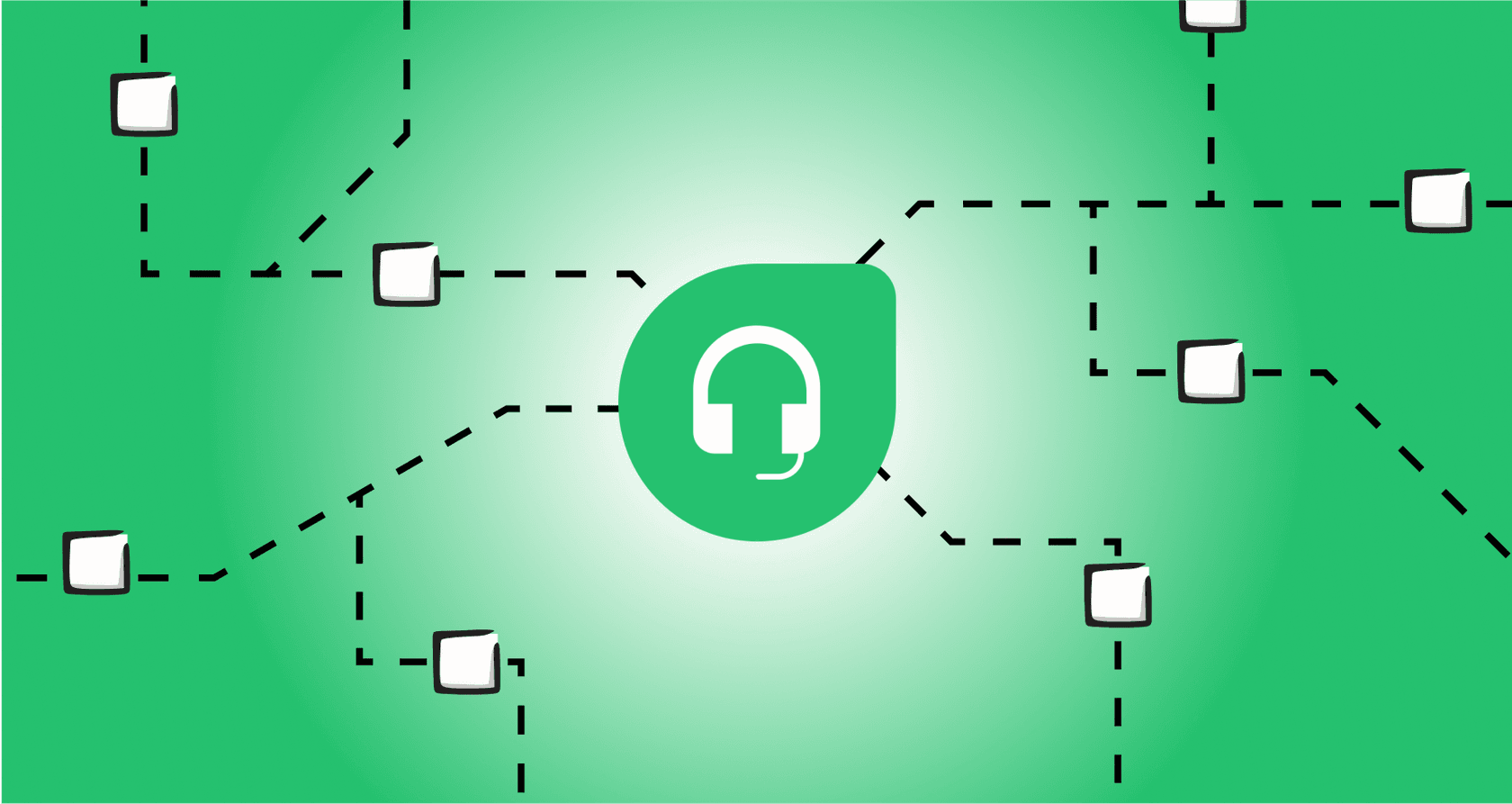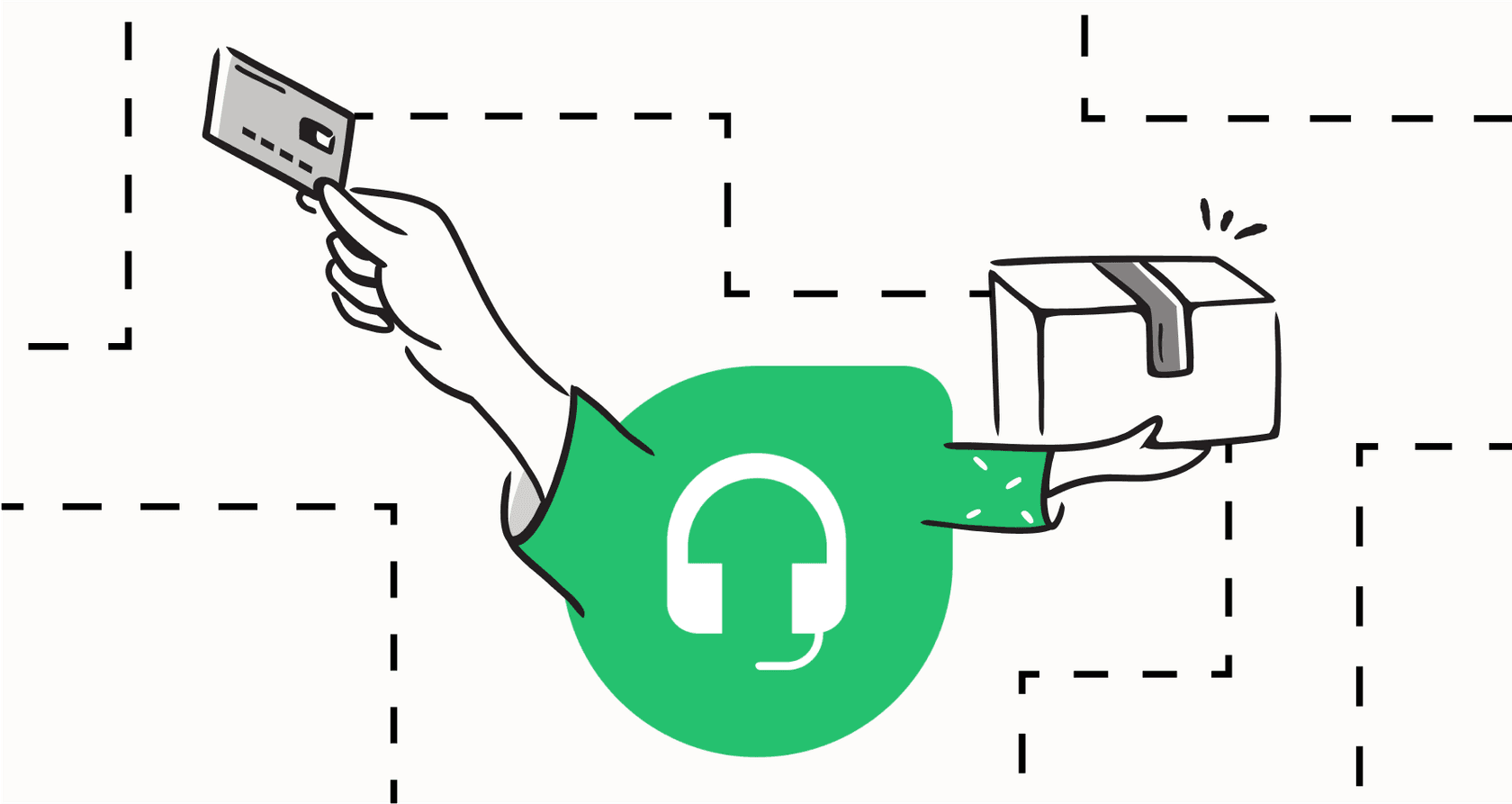A complete guide to the Freshdesk Facebook Messenger integration in 2026

Stevia Putri

Stanley Nicholas
Last edited January 16, 2026
Expert Verified

Customer support isn't just happening in email inboxes anymore. Your customers are everywhere, and for millions of them, that means social media. When someone drops into your DMs on Facebook Messenger with a question, they aren't expecting a reply tomorrow; they’re hoping for a helpful answer quickly. For teams using Freshdesk, the native Facebook Messenger integration is a powerful and reliable solution.
It is an excellent starting point for any social support strategy. It funnels all those social media chats into one place so they can be tracked and managed with the same professional rigor as your email support. When you’re juggling DMs, comments, and wall posts, this integration ensures you have full visibility over every interaction.
This guide will give you a comprehensive look at what the Freshdesk Facebook Messenger integration offers, how it scales with your team, and how you can consider adding a layer of AI to further enhance your automation capabilities.
What is the Freshdesk Facebook Messenger integration?
The Freshdesk Facebook Messenger integration is a built-in feature that connects your company's Facebook Page right into your Freshdesk account. Its main job is to turn all the interactions happening on your Facebook Page, from Messenger chats to wall posts, into organized support tickets.
This means your support agents don't have to keep a separate tab open for the Facebook inbox. Everything flows into the same professional queue they already use for emails and other channels. By bringing all these conversations together, you can apply your standard processes, like SLAs and reporting, to your social media support. It’s about bringing professional structure to your social channels and making sure every customer DM is accounted for. Just a heads-up, this is for managing a business Facebook Page, not for connecting personal accounts.
What the native Freshdesk Facebook Messenger setup offers
The native integration is a solid foundation for getting your social media chats organized. It centralizes conversations, allowing your team to maintain a unified voice across all platforms.
What Freshdesk Facebook Messenger does well: Turning chats into tickets
The integration gives you a few ways to automatically capture what’s happening on Facebook and turn it into a ticket:
-
Visitor posts and comments: You can set up Freshdesk to create a ticket whenever someone posts on your Page's wall or comments on a post. To keep your queue focused on actionable tasks, you can filter them based on keywords like "help," "issue," or "broken."
-
Private messages: This is a core feature. Any private message someone sends to your Page through Messenger automatically becomes a new ticket. If they message again, the new messages are threaded into the same ticket to keep the conversation history in one place.
-
Ad comments: Running ad campaigns on Facebook? You can pull in comments from those ads as tickets, too. This is super handy for catching questions from potential customers or handling inquiries that arise from your marketing efforts.
-
Replying from Freshdesk: Once a ticket is created, your agents can reply directly from the Freshdesk interface. Their response gets posted as a comment or sent as a private message, allowing them to provide great support without bouncing between tools.
Optimizing your Freshdesk Facebook Messenger workflow
As your social support volume grows, you might find new ways to optimize this basic setup.
The standard automation relies on keyword filtering, which is very effective for capturing specific types of requests. For teams that want to dive deeper into sentiment analysis or context, Freshdesk offers a robust ecosystem where you can add more advanced features as needed.
While the tool is primarily designed to create and organize tickets, it provides the stable foundation your team needs to handle every inquiry. Whether it's a simple "What are your business hours?" or a more complex query, having them all in one place allows your team to apply their expertise efficiently.
Plus, Freshdesk is designed to be the central hub for your support. While the native integration focuses on the conversation, you can use the Freshdesk marketplace to connect other info, like customer order history or account details from systems like Shopify. The integration is a core part of the Freshdesk ecosystem, providing a reliable path for agents to find the information they need.
Scaling your social support with Freshdesk Facebook Messenger
Customer expectations are high, and people love the convenience of social media. When they reach out on a real-time channel like Facebook Messenger, they appreciate the professional and organized response that Freshdesk helps your team provide. The native integration ensures that every question is logged and ready for your team to handle.
Many support questions are repetitive, and Freshdesk provides the tools to manage this volume. While the native integration captures these tickets, you can layer on additional intelligence to manage the flow even more effectively. This ensures that your help desk remains a high-performance environment, where your team can balance repetitive tasks with complex, high-value problem solving.
The answer is to build on the tools you already use. By starting with a market leader like Freshdesk, you have a mature platform that can be enhanced with a layer of intelligence to automate the repetitive work when you're ready to scale.
Automate your Freshdesk Facebook Messenger workflow with eesel AI
This is where a tool like eesel AI fits in as a complementary option. Instead of replacing your help desk, it works like a smart layer that plugs right into Freshdesk. It builds on your existing setup to enhance the native integration, helping you move from managing conversations to resolving them automatically.
Moving toward automatic resolution
With eesel AI as an option, when a message comes in from Facebook Messenger, the AI Agent can read the message, understand the intent, and provide an instant, accurate answer. It does this by pulling information from all of your connected knowledge sources. eesel AI can even learn from your team's past ticket resolutions in Freshdesk, ensuring its answers match your brand's specific tone and voice.
Get full control with a customizable workflow
You can choose exactly how much you want to automate. With eesel AI, you get specific control over which types of Facebook messages the AI handles. You can start small, letting it handle simple, frequent questions like "Where is my order?" while passing more nuanced issues to your human agents in Freshdesk.
You can also set up custom actions. For example, if a customer messages you on Facebook about an order, an eesel AI agent can look up the status in Shopify, provide an update, and update the ticket in Freshdesk, supporting your team's productivity.
Unify your knowledge and test it out first
Your company's knowledge lives in many places. With eesel AI, you can connect various sources, including Google Docs, Confluence, PDFs, and more, to your Freshdesk workflow. This ensures that the AI has access to all the information it needs to support your customers.
You can also test your setup with eesel AI's simulation mode. This allows you to see how the AI would have replied to past Facebook tickets before you turn it on for live customers, giving you total confidence in the quality of your automated support.
A quick look at Freshdesk and eesel AI pricing
When you're building out your support toolkit, cost and value are important. Here’s how the pricing for Freshdesk and eesel AI works together.
Freshdesk pricing
The Facebook Messenger integration is available on all paid Freshdesk plans, offering tiered options to match different team sizes and needs.
| Plan | Price (Billed Annually) | Key Features for Integration |
|---|---|---|
| Growth | $15/agent/month | Ticketing, Customer Portal |
| Pro | $49/agent/month | Everything in Growth + Custom Objects, Advanced Ticketing |
| Enterprise | $79/agent/month | Everything in Pro + Audit Logs, Skill-Based Assignments |
Note: Freshdesk offers advanced AI features like Freddy AI Copilot as an add-on to help teams further enhance their efficiency.
eesel AI pricing
eesel AI offers straightforward, predictable pricing for teams looking to add an automation layer to their Freshdesk setup.
| Plan | Effective /mo (Annual) | AI Interactions/mo | Key Unlocks |
|---|---|---|---|
| Team | $239 | Up to 1,000 | Train on docs/websites, AI Copilot |
| Business | $639 | Up to 3,000 | Train on past tickets, AI Actions (API calls), Bulk Simulation |
| Custom | Contact Sales | Unlimited | Advanced actions, Multi-agent orchestration |
Building on the basic Freshdesk Facebook Messenger integration
The native Freshdesk Facebook Messenger integration is a strong, capable tool that excels at what it was built for: centralizing your social support conversations. It is a trusted starting point for any team looking to provide professional service on social media.
As your business grows, you can easily scale this setup. Freshdesk's reliability and ecosystem allow you to add specialized tools when you're ready to reduce manual workloads even further. This ensures faster response times and a customer experience that stays top-tier as you grow.
graph TD subgraph "Native Freshdesk Integration" A[Customer messages on Facebook] --> B{Ticket created in Freshdesk}; B --> C[Agent manages response]; C --> D[Agent researches answer]; D --> E[Agent replies to customer]; E --> F{Ticket resolved}; end subgraph "With eesel AI" G[Customer messages on Facebook] --> H{eesel AI understands query}; H --> I{AI provides instant answer}; I --> J{Ticket auto-resolved}; H --> K[Complex issue?]; K --> L[Ticket assigned to agent]; end
Adding a powerful AI platform on top of your industry-leading help desk is a natural progression for many teams. It allows you to automate repetitive questions while keeping your agents focused on high-value conversations, all within the Freshdesk workflow your team already knows and trusts.
Ready to see how AI can complement your Freshdesk setup and automate your Facebook Messenger questions? Try eesel AI for free or book a demo to see how it works with your existing tools.
Frequently asked questions
This integration connects your company's Facebook Page directly to Freshdesk, turning Messenger chats, wall posts, and ad comments into support tickets. It centralizes social media interactions so agents can manage them from a single, reliable platform alongside other channels.
The native Freshdesk Facebook Messenger integration automates ticket creation based on keyword filtering. It is designed to ensure every message is captured in your queue so your team can provide personalized, high-quality responses to every inquiry.
It automatically converts private messages, visitor posts, and comments (including those on ads) into tickets within Freshdesk. You can apply keyword filters to visitor posts and comments to ensure your support queue stays focused on actionable customer requests.
The core integration is excellent for centralizing conversations. For teams looking for advanced AI resolutions, sentiment analysis, or the ability to pull answers from diverse knowledge sources, you can easily layer specialized tools on top of the robust Freshdesk foundation.
eesel AI adds an intelligent layer that can automatically understand user queries and provide instant, accurate answers by drawing from all your knowledge sources. It works with Freshdesk to automate support workflows, freeing up agents for complex issues while handling custom actions like order lookups.
The core Freshdesk Facebook Messenger integration is included in all paid Freshdesk plans. For even more power, Freshdesk's advanced AI features, such as the Freddy AI Copilot, are available as tiered add-ons to suit your specific business needs.
The native integration focuses on reliable communication. For teams needing to link order history, Freshdesk's extensive marketplace allows you to connect systems like Shopify or internal databases, ensuring agents have the context they need right within the ticket view.
Share this post

Article by
Stevia Putri
Stevia Putri is a marketing generalist at eesel AI, where she helps turn powerful AI tools into stories that resonate. She’s driven by curiosity, clarity, and the human side of technology.




